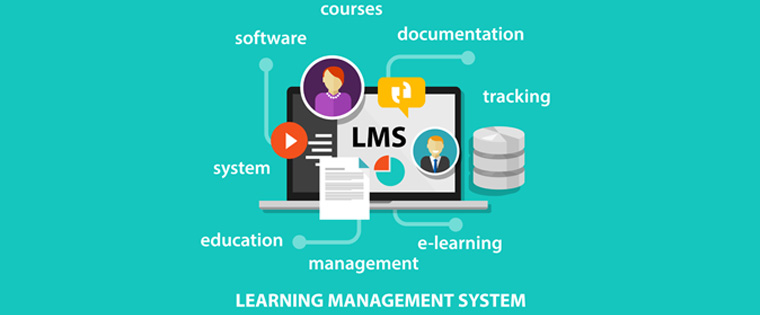How Can the Right LMS Track Performance and Improve ROI

In order to achieve business and strategic goals, organizations are giving increasing importance to training and learning. But, to check whether training is delivering on its objectives, it is necessary to minutely keep track of its performance. Tracking course performance can improve the efficiency of your e-learning program. It ensures that courses stay relevant and add constant value to the skill set of your learners.
→ Download Now: State of Learning (Now and Beyond) [eBook]
Tracking course performance largely depends on live data generated by learners taking the course. Using this information, course designers and learning managers can make crucial decisions. It gives them an idea of the kind of content that works with your target audience and the appropriate duration of the course to keep them engaged.
Tracking gives learning managers an overall idea about the effectiveness of the course. It also gives them an idea of employee performance and engagement in comparison to the kind of course they undertake. Performance data empowers them to take smart decisions and create courses that are more impactful.
Using performance data, managers can decide what kind of content works the best for them. Consequently, it gives them an idea of where to invest their money and how to invest it. This significantly improves the company’s return on investment for training programs as the chances of the training being converted to practical skills, and thus higher profits, becomes higher.
It is necessary for you to select the right Learning Management System (LMS) that can fulfill all your performance tracking needs. There are many powerful learning management systems available in the market. However, not all tools are capable of tracking performance the way you want it.
Performance tracking is a vast field with learning management systems offering vast options to create tracking reports. But there are only so many hours in a day and only so much you can do. So consider some of the essential reports that your LMS should unquestionably be able to generate:
Learner Progress and Engagement
Learners must actively participate in a course to get the full benefit from your online training program. They should also progress through the course according to set plans and timelines for the course to reach its full potential. This information can be derived from the way learners interact with the course. These reports are impeccable in monitoring individual learner performance and should necessarily be present in your LMS.

A Bird’s Eye View of What Top-Performing L&D Teams are Doin
- Aligning Learning Strategy with Business Strategy
- Developing Business Skills for the Future
- Investing in the Right Technology
- Much More
Online Assessment Statistics
Online assessment statistics are the most direct indicators of learner progress. By creating a standard benchmark, you can monitor specific skill or knowledge gap, based on the results of learners. By comparing learner scores at two different points in the training, you can also gauge the effectiveness of the course. Learning managers should only go with an LMS having this crucial report indicating both learner and course performance.
Time Logs
Time log LMS reports offer insights into how long it takes learners to complete each online training module. This helps you determine which aspects of the online training course they struggle with and why. For example, time logs reveal that learners are taking too much time to complete an online activity. This means that either they lack the necessary skills or the learning content isn’t engaging enough. Using this report, learning managers can make the necessary changes to optimize the course. Hence, it is important for an LMS to have this functionality.
Learner Satisfaction Ratings
Online surveys, questionnaires, and polls are all great feedback tools that help you identify the strengths and weaknesses of your online training course. Learner surveys can help you identify which modules are working for users to increase their knowledge retention. Their input gives you the chance to customize the online training experience and make it more relevant. It is of great help if your LMS allows you to compile all user-survey data into easily usable formats.
The right LMS will provide you with easy-to-understand analytics reports that inform you about all important aspects of courses. Some software provide dedicated reporting tools that generate smart analytical data based on learner statistics. You can also get a business-specific LMS that generates reports based on your specific goals. Reporting tools also give customization options and allow you to filter out all the unnecessary data.
There are so many Learning Management Systems out there that the task of finding the right one can prove to be quite difficult. Analyze your needs thoroughly to make the right choice, and stop missing out on smart data that can maximize your ROI.





